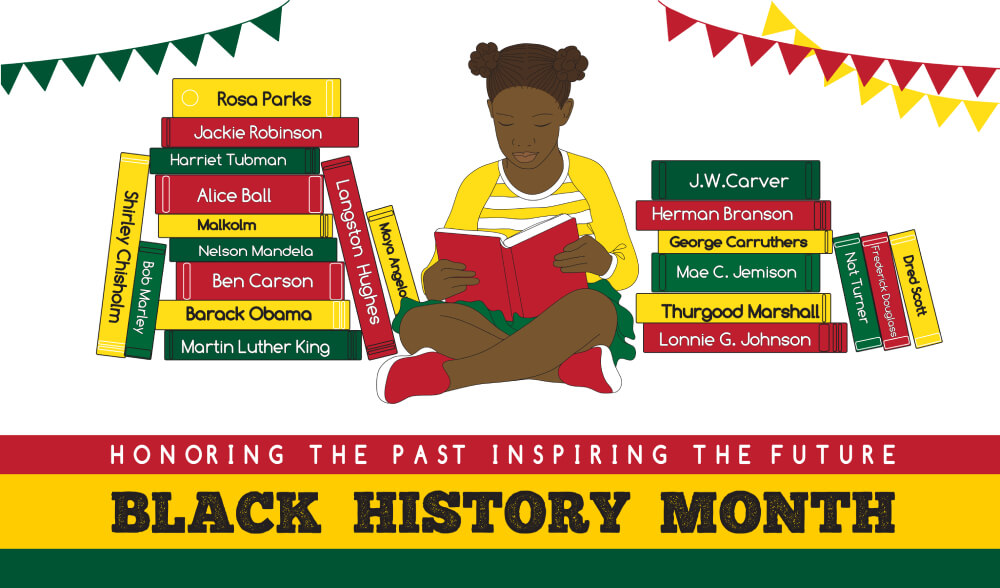February is designated as Black History Month, a time initially launched by Carter Godwin Woodson and the Association for the Study of African American Life and History (ASALH) as “Negro History Week” in 1926. In honor of this, Apex Leadership Co. offers some important lessons that teachers, parents, and guardians can share all month, and all year, long.
The Past
Sharing the story of how February became known as Black History Month is a good way to kick off the education. An article on Time.com explains that Woodson launched Negro History Week “to bring attention to his mission and help school systems coordinate their focus on the topic.” The event draws on the fact that Woodson noticed that black people were “underrepresented in the books and conversations that shaped the study of American history.” With Jesse E. Moorland, he founded the Association for the Study of Negro Life and History, which is now ASALH to “promote studying black history as a discipline and celebrate the accomplishments of African Americans.”
The movement spread quickly and by the mid-1960s colleges and universities across the country transformed the week into “Black History Month” on campuses, and multiple mayors had declared the celebration as a municipal event. In 1976, on the 50th anniversary of Negro History Week (as well as America’s bicentennial year), then-President Gerald Ford officially made Black History Month a national observance every February.

The Present
Since that time, every succeeding president has honored this decree and given the month a designated theme. According to History.com, the theme for Black History Month 2021 is Black Family: Representation Identity and Diversity, which “explores the African diaspora and the spread of black families across the United States.” Delving deeper into this theme through various lessons at home and in the classroom is another solid way to build upon students’ foundation of black history knowledge.
Lessons about Black History Month in the classroom or at home should be modified per age group, just as with education on any topic. Parents and teachers can read important events in history during which black citizens made powerful changes. Helping children learn about (or encourage them to do their own independent research) on prominent black individuals, and the differences they’ve made in America, such as Martin Luther King Jr., Harriet Tubman, Rosa Parks, Barack Obama, and others, is another way to help students recognize the crucial importance of black citizens.
The Future
While learning about the past, it’s also important to help children understand lessons that can help ensure continued and furthered equality. Teaching characteristics like empathy and compassion, kindness, respect, diversity, acceptance, tolerance, justice, standing up for themselves and others in the face of wrongdoings, and more can help students continue to shape the narrative of a more inclusive future for all.
Education is one of the most important ways to make a positive change for the youth of today, who are the leaders of tomorrow. In these students lies the future so the earlier they can be reached through education, the more powerful they can become as the bright light of a world they have the ability to create. Parents, teachers, and mentors can all serve as the steppingstones to bridge that gap through leadership lessons and, ultimately, lessons of love and kindness for all.


